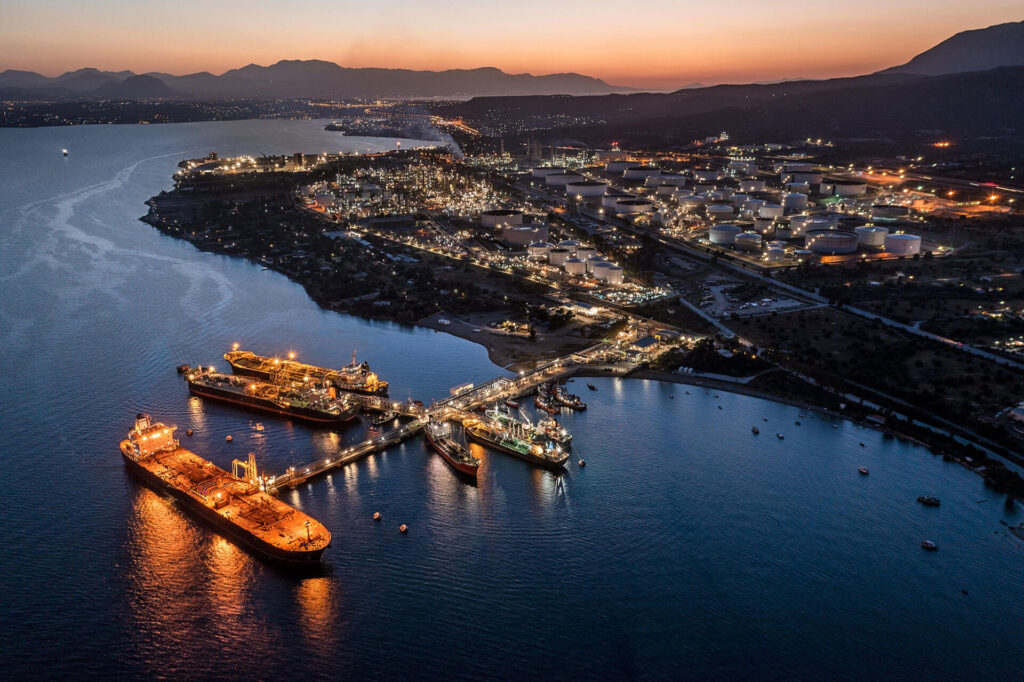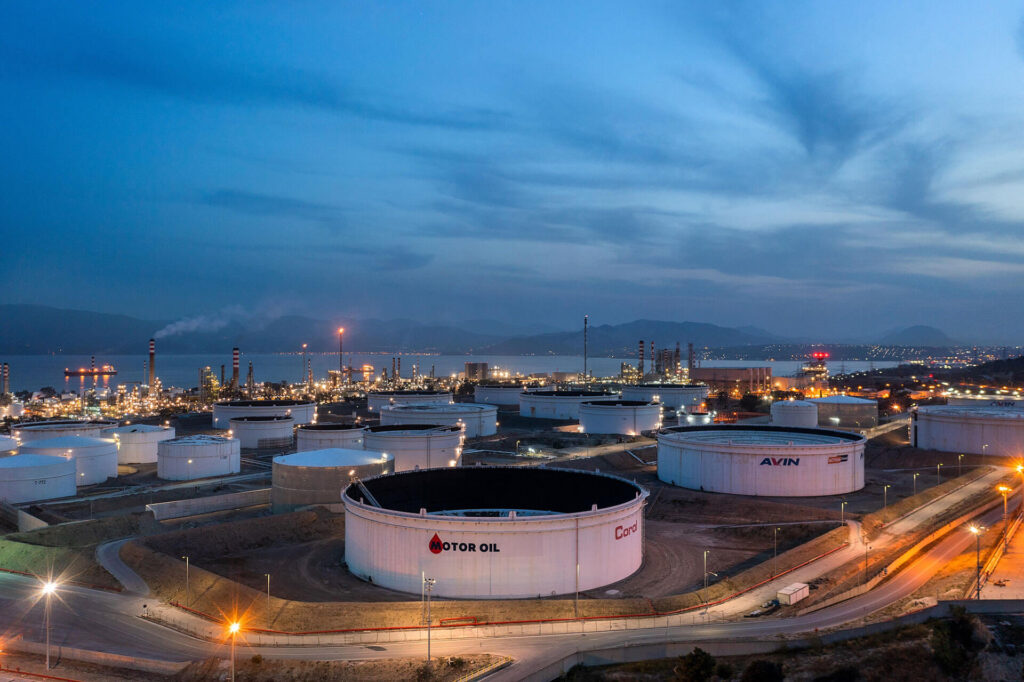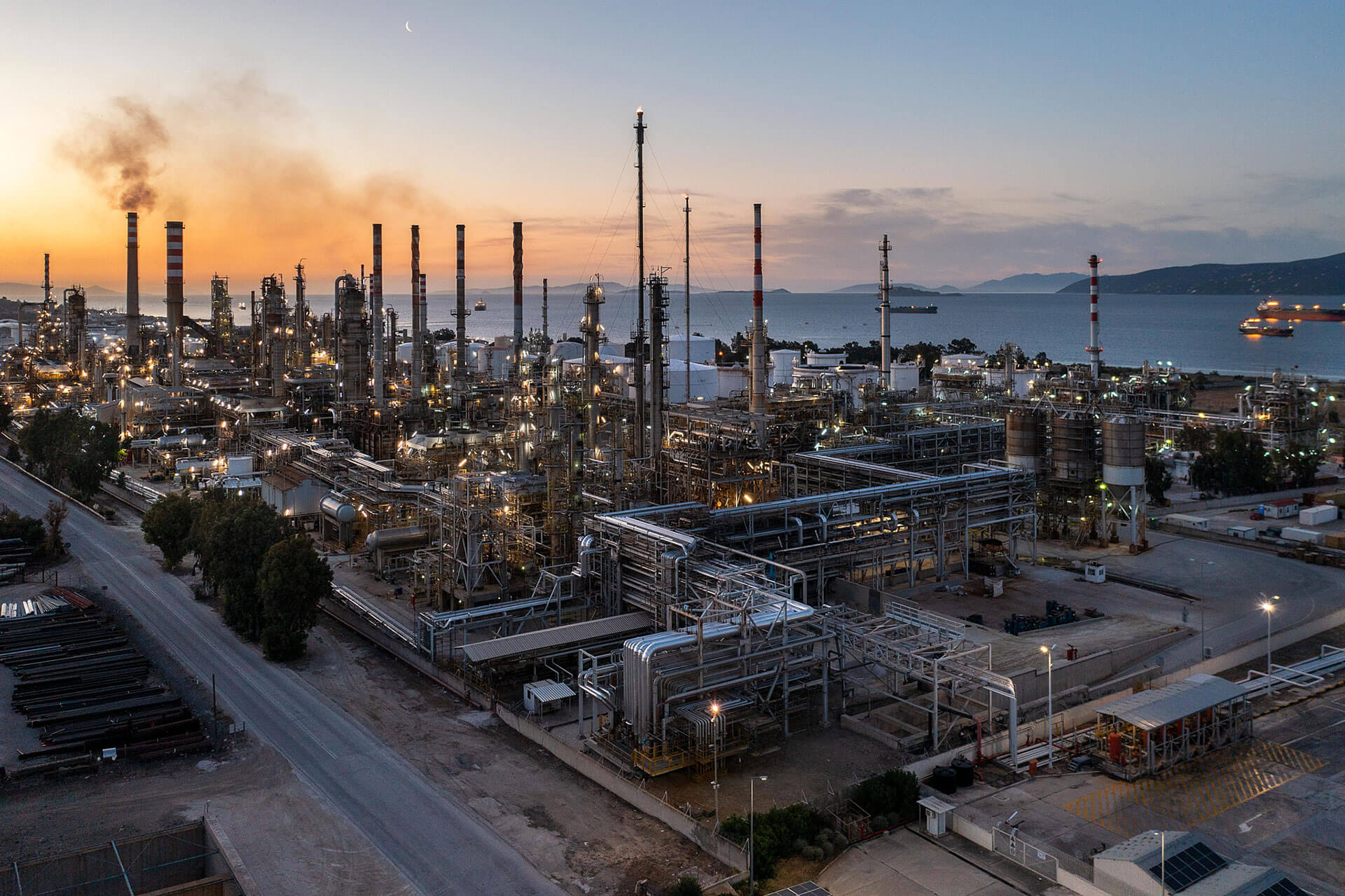IRIS project aims to reduce the environmental footprint of Motor Oil refinery in Agioi Theodoroi, by applying carbon capture technology at the Steam Methane Reformer (SMR), while making it a major producer of ultra-low emission hydrogen. The project will incorporate a range of industrial processes (e.g. liquefaction, energy integration between units) at a scale and specifications that have not previously been implemented at an independent refinery. Its main innovation lies in bringing together advanced technologies, engaging multiple stakeholders, and creating the basis for a first-of-its-kind carbon capture, use and storage (CCUS) facility in Southeast Europe. In total, IRIS project will contribute to the avoidance of8.58 million tonnes of CO2 emissions over the first ten years of operation. This will maximize the environmental impact of the project, achieving both direct decarbonisation through emission reductions and indirect decarbonisation through the production of low-carbon fuels, in line with relevant EU legislation.

The Technology
The post combustion technology selected for IRIS will allow both uninterrupted hydrogen production and continuous high pressure steam production as it will process the off-gases from the hydrogen plant without interfering with its operation. It should be noted that more than 95% of the carbon dioxide contained in the exhaust gas of the hydrogen plant will be captured.
The hydrogen produced, apart from its use within the refinery, will also be used as a fuel in the land transport sector, while some quantities can be injected into the natural gas network, thus contributing to the decarbonisation of its end users (e.g. industry, residential heating, etc.). The implementation of the project will result in the avoidance of 89% of the associated greenhouse gas (GHG) emissions compared to current emissions.
Most of the captured carbon dioxide will be stored in an offshore geological formation in the North Aegean Sea, while a smaller amount will be used to produce 10,000 tonnes of synthetic methanol per year. Synthetic methanol can be used both as a marine fuel and in industrial applications. At European level, the project will contribute to the achievement of the climate neutrality targetsfor 2050, in particular the Net-Zero Industry Act target of 50 Mt/y CO2 storage capacity by 2030, and the REPowerEU target of reducing fossil fuel consumption in industry and transport. IRIS will also positively impact the regional economy, creating up to 2,000 job opportunities during construction and 21 permanent jobs during the project’s operating lifetime.


Do you want to learn more about IRIS CCUS Project?
A condimentum vitae sapien pellentesque habitant morbi tristique senectus et. Suspendisse ultrices gravida dictum fusce. Egestas diam in arcu cursus euismod. Et egestas quis ipsum suspendisse ultrices gravida dictum. Vulputate eu scelerisque felis imperdiet proin fermentum leo vel orci.

